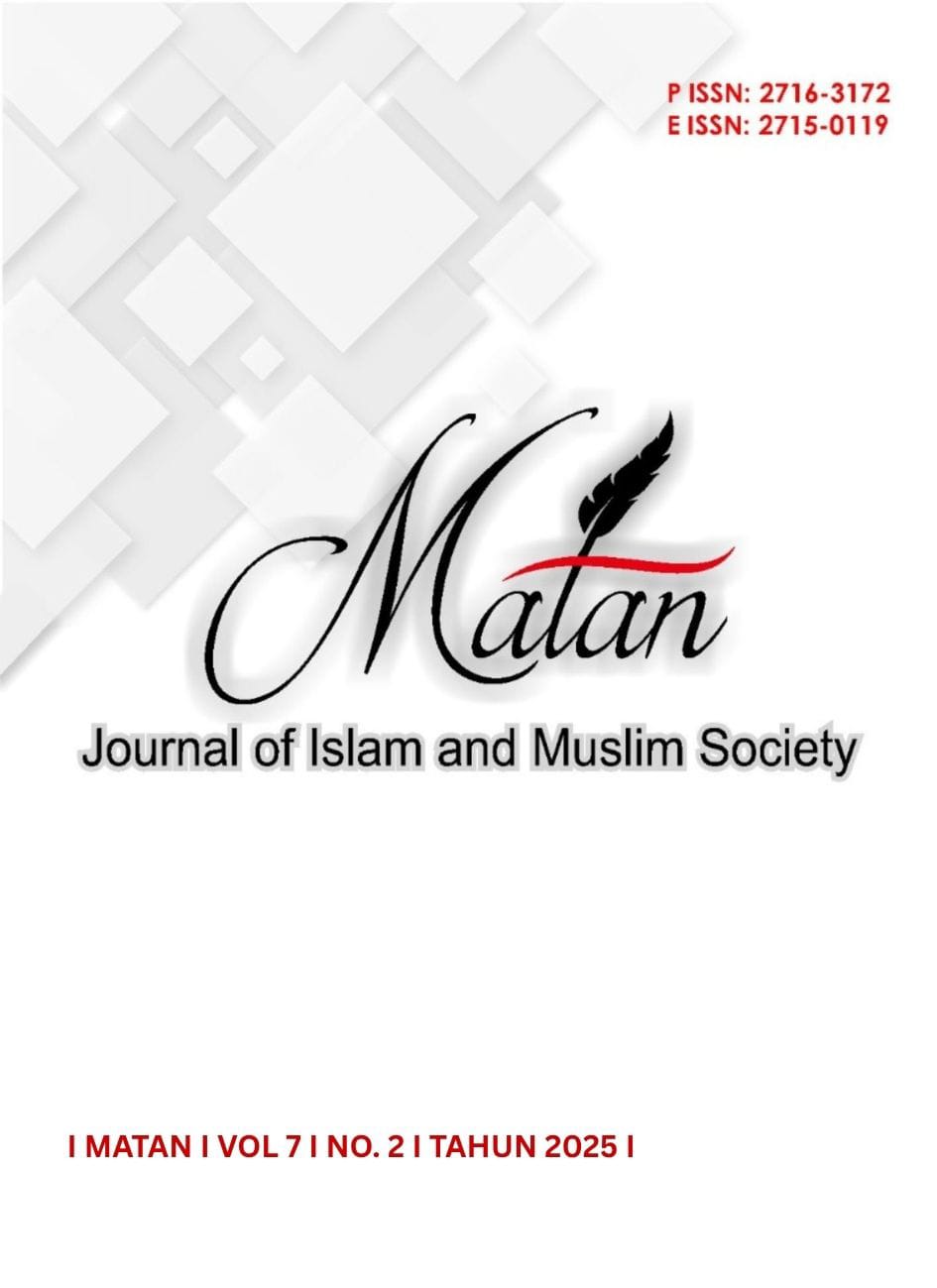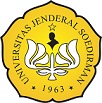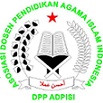Implementasi Hibah Waris di Kecamatan Bobotsari Kabupaten Purbalingga Perspektif Hukum Waris Islam
Abstract
Inheritance grants can be used to resolve issues that are not specifically regulated in faraid law or to provide better justice according to individual needs. In some communities, a lack of understanding of the concept of grants and the sharia provisions governing the provision of grants can be an obstacle. Likewise, the implementation of inheritance grants in Bobotsari District has drawn pro and contra. The method of writing this article uses an empirical-normative approach. The nature of this article's research is qualitative. Data is presented using a descriptive-analytical method. Data collection techniques used in this article are using observation, interviews, and documentation. Data analysis in writing this article uses inductive-deductive (effect-cause). The implementation of inheritance grants that occurred in Bobotsari District began with the grantor or heir gathering all members of the nuclear family, consisting of husband or wife and children for a consensus. The process of distributing inheritance grants must fulfill the elements of justice and agreement of the grantees or heirs. The pattern of distribution of inheritance grant assets includes; 1) divided equally; 2) divided based on the closeness of the grantor to the recipient; 3) divided based on the layout of the gift assets. In the view of Islamic inheritance law, this practice applies the concept of takharruj or removing or resigning as an heir.
References
Firdaweri, Kewajiban Ahli Waris terhadap Harta Peninggalan, Asas, 9.2 (2017), 70-89.
I Nyoman Oky Krisnanda, dkk, Pengaturan Tentang Warisan dengan Akta Hibah Wasiat Berdasarkan Sistem Waris di Indonesia, Jurnal Interprestasi Hukum, 3.3 (2022), 365-371.
Mahbubi, Hibah Waris Sebagai Solusi Pembagian Harta Waris Perspektif Maqasid Syariah, al-Fattah: Jurnal Hukum dan Pranata Sosial, 1.1 (2024), 1-5.
Maimun Nawawi, Pengantar Hukum Kewarisan Islam (Surabaya: Pustakas Radja, 2016).
Muhammad Ajib, Fikih Hibah & Waris, (Jakarta: Rumah Fikih Publishing, 2019).
Muhibbusabry, Fikih Mawaris (Medan: Pusdikra Mitra Jaya, 2020).
Nasrul Hisyam Nor Muhammad, dkk, Konsep Hibah Bersyarat dan Aplikasinya dalam Perancangan Harta, Umran International Journal of Islamic Civilizational Studies, 3.1 (2017), 32-41.
Rozalinda, Fikih Ekonomi Syariah (Jakarta: Rajawali Press, 2016).
Shofatis Sa’ngadah dan Muhammad Hatami, Urgensi Pemberian Hibah kepada Ahli Waris Sebagai Pengganti Sistem Kewarisan Di Indonesia, al-Majaalis: Jurnal Dirasat Islamiyah, 9.2. (2022), 232-247.
Siah Khosyi’ah, dkk. Penyelesaian Warisan Melalui Hibah dalam Perspektif Hukum Islam, Asy-Syari’ah, 23.1 (2021), 39-62.
Syaikh Abu Jabir AI-Jazairi, Pedoman hidup Harian Seorang Muslim, (Jakarta: Ummul Qura, 2016. h.800).
Umar Sanjaya dan Muhammad Yusuf Suprapto, Kedudukan Ahli Waris Yang Penerima Hibah Dari Orang Tua Terhadap Ahli Waris Lainnya Pada Proses Pembagian Waris, Jurnal Yuridis, 4.2 (2017), 223.
Wati Rahmi Ria, dkk, Hukum Waris Berdasarkan Sistem Perdata Barat dan Kompilasi Hukum Islam (Bandar Lampung: Fakultas Hukum, 2018).
Widhy Andrian Pratama, dkk, Hibah dan Hak Waris: Studi Perbandingan Undang-Undang dan Kompilasi Hukum Islam, Al-Maqashidi, Jurnal Hukum Islam Nusantara, 7.2 (2024), 2-10.








